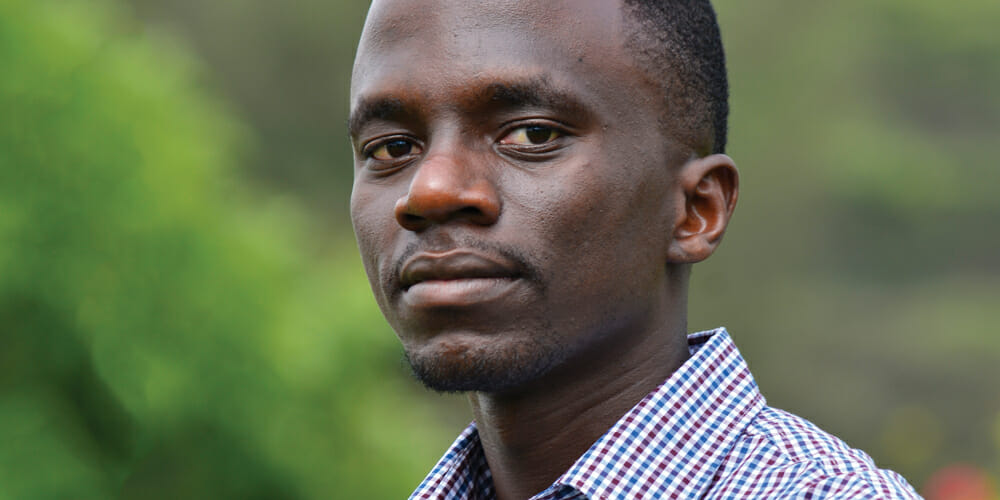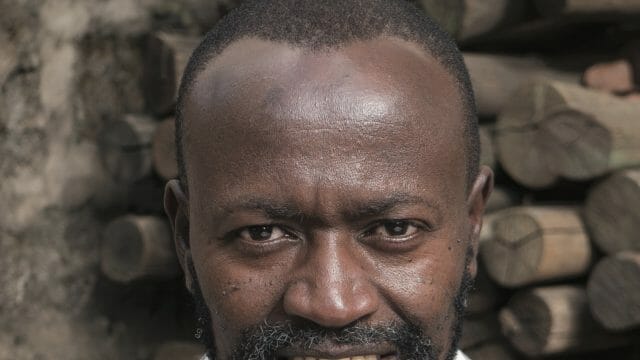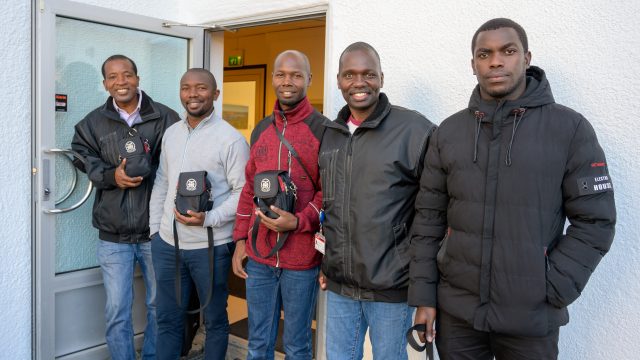Hello, this is your church pastor speaking. You have been nominated to be our assistant youth leader.” I froze. How was a 23-year-old […]

Hello, this is your church pastor speaking. You have been nominated to be our assistant youth leader.”
I froze. How was a 23-year-old expected to lead the youth of a 3,000-member congregation? My church is one of the 50 Adventist churches that serve the 6.5 million residents of metropolitan Nairobi, Kenya.
My mind raced through dozens of excuses detailing my inadequacy for this huge leadership task. Surely they could find older, better qualified, and more experienced church members that would be perfect for the job, right? Indeed, I would have given the stammering Moses stiff competition at his own game of excuses at the burning bush.
The greatest challenge we faced as youth leaders was how to attract youth to church, capture their attention, and keep them actively engaged during Sabbath afternoon youth programs. As in many other places in the world, our church was often packed during the Sabbath morning divine worship service, whereas the afternoon programs would be attended by a precious handful. How could our church programs compete with the allure that postmodern secular society has to offer?
As we pondered this question, we felt we needed to embrace unconventional and innovative methods that strike a healthy balance between spiritual maturity and contemporary relevance.
We aimed to ignite our youth’s passion for Christ. We started a special afternoon youth service dubbed “Ignited.” During this one-and-a-half-hour program, we had a mainstream television station news anchor “host” the service. Between sessions of praise and worship, interactive interviews with prominent personalities concerning their spiritual journeys were featured, as was music by seasoned Adventist musicians. The service concluded with youthful, Christ-centered preaching.
Abel Kirui, an Adventist world-class marathon runner and Olympic medallist, was one of the local celebrities we interviewed. He shared his personal testimony akin to the likes of Eric Liddell (of Chariots of Fire fame) and Desmond Doss (Hacksaw Ridge). His powerful stance to not compete on Sabbath was a great inspiration to the youth to stand up for their faith in the workplace.
During another service we interviewed the niece of Chinua Achebe, a prolific African author and contender for a Nobel Prize in literature. She shared her family’s encounters with Adventism, and the little known spiritual side of her famous uncle.
All our programs aimed at inspiring our young adults to become active participants in their own faith journeys in all areas of their lives. Christ needs to be made real, tangible, and personal in our daily lives, not just an ancient historical figure we hear about on Sabbath. The reality facing many young Adventists in today’s world is indifference.
Growing up as a third-generation Adventist, where attending church on Sabbath was a checkbox to be ticked off in my weekly list of routine activities, I finally understood the need for a paradigm shift in my own thinking. Routine religion must be transformed into a relevant lifestyle of worship, actively impacting every area of our lives—seven days a week. This includes dying daily to our own desires in order to live for Christ 24/7.
A twenty-first-century Paul would challenge Seventh-day Adventists to be transformed into seven-day Adventists. He summed it up succinctly: “Present your bodies a living sacrifice, holy, acceptable to God, which is your reasonable service” (Rom. 12:1). How can a sacrifice become “living” when its sole purpose is death? That’s what being a seven-day Adventist is all about.
Frederick Kimani, M.D., is a consultant physician based in Nairobi, Kenya, who is passionate about building bridges between God and young people through music.








